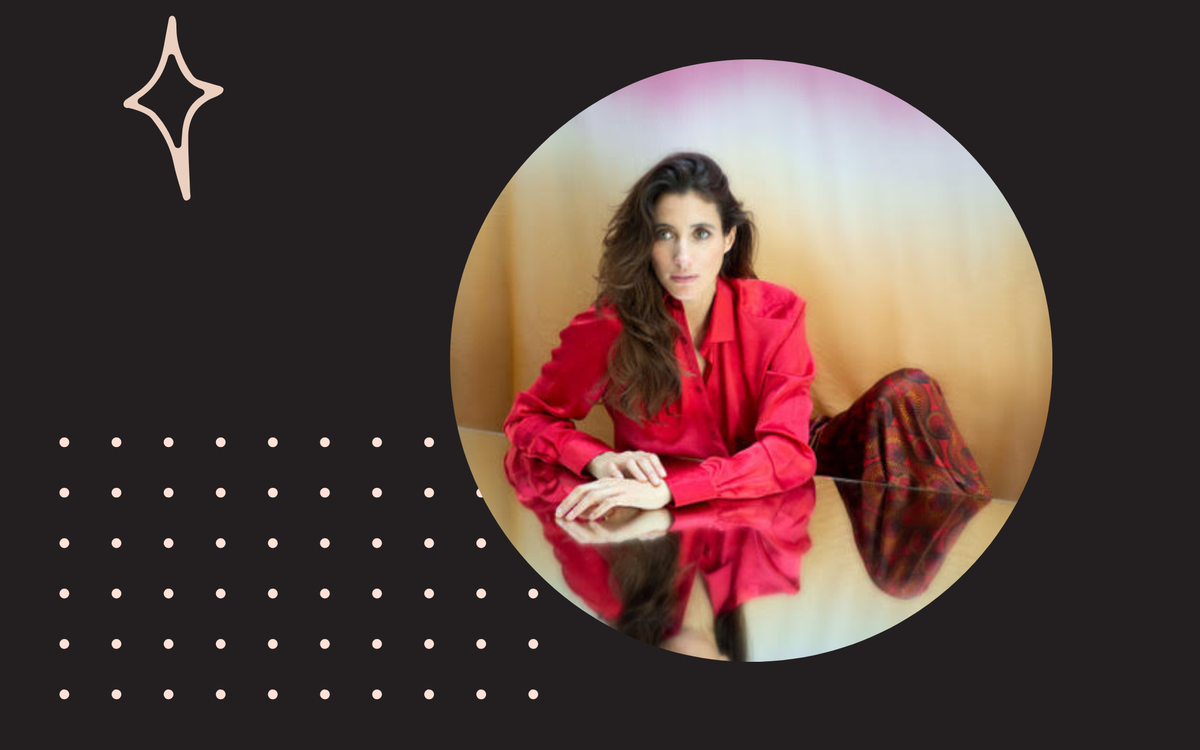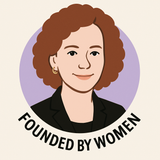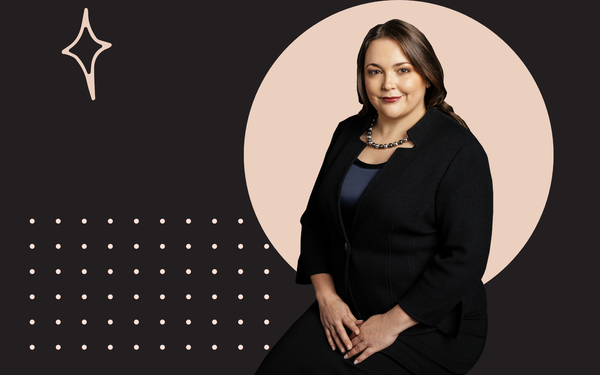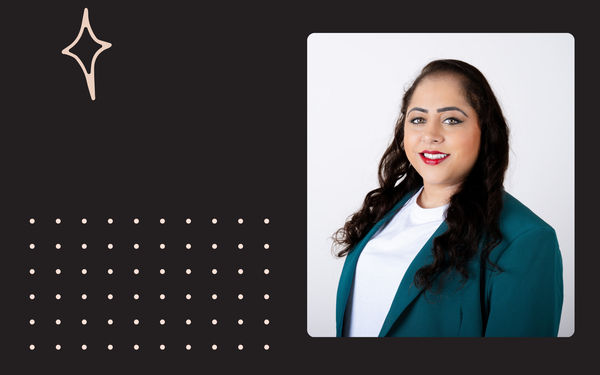From Architecture to Intimacy: Chloe Macintosh on Designing Spaces for Sexual Wellbeing

In a world where conversations about sex and pleasure are often whispered behind closed doors, Chloe Macintosh is building something revolutionary: a digital sanctuary where pleasure, intimacy, and self-discovery can flourish without shame or judgment. As the founder and CEO of Kama, the groundbreaking sexual wellness app, Chloe brings a unique perspective shaped by her diverse career journey — from designing iconic buildings with architectural legend Norman Foster to revolutionizing home design as co-founder of Made.com, and creating immersive experiences as Chief Creative Officer at Soho House.
Chloe’s path to sexual wellbeing began 20 years ago when she became pregnant with her first child and realised there was a significant gap in high-quality, science-backed resources for sexual health and intimacy. This personal discovery, combined with her expertise in creating spaces where people feel safe and inspired, led her to develop Kama — an educational platform that offers hundreds of video tips and guided practices to help us connect with pleasure as a pathway to wellbeing. The exercises she offers on the Kama app blend ancient traditions such as Daoism with neuroscience, psychosexuality, somatic awareness, breathwork, and movement.
Having researched intimacy and sexuality for the past two decades — exploring the world to meet experts and facilitating her own workshops and sessions — she understands that sexual wellbeing isn’t just about how to have better sex; it’s about creating environments where vulnerability, growth, and true intimacy can coexist. The app is designed as a daily practice to optimise pleasure as a path to embodiment, helping users “have sex in your body, not in your head.”
In this candid conversation, Chloe shares how her background in creating physical spaces informs her approach to digital wellbeing, the challenges of building a business in the heavily censored world of sexual wellness, and her vision for transforming how society approaches pleasure as a fundamental aspect of health and happiness.
1. With a career spanning architecture (at Norman Foster), co-founding Made.com, and leading creative innovation at Soho House, how did these experiences shape your approach to designing not just spaces, but also digital spaces of intimacy with Kama? What design principles have translated into crafting an app centered on embodied pleasure?
Working in architecture with Norman Foster taught me how people interact with physical spaces — and that good design shapes behavior. At Made.com, I learned how to make great design accessible to everyone, and at Soho House, I focused on creating spaces that feel warm and welcoming. With Kama, we created a brand that feels inviting, inclusive, and playful, thanks to our illustrative language. Not using photography in our marketing and branding helps people feel more comfortable having a sex app on their phone. Designing for embodied pleasure means guiding people to connect with their bodies step by step, without overwhelm or shame. Whether it’s a mindful touch practice or a guided self-pleasure meditation, the digital space needs to feel calm, safe, and non-judgmental.

2. Kama is built on a multidisciplinary fusion — neuroplasticity, psychosexuality, somatic awareness, and ancient traditions such as Daoism, among others — cultivating a daily practice as a method of rewiring pleasure pathways. What have you observed is key to helping users establish these intimate self-practice habits regularly? Which methods or nudges have been most effective in encouraging sustained engagement?
The biggest factor in helping people build regular pleasure practices is keeping it simple and inviting. People don’t stick with things that feel like work or make them feel bad about themselves. Short, easy practices that can fit into daily life work best. What I’ve found is that it’s not only about creating new habits — it’s also about adapting existing ones, which is much easier. It starts with being kind to yourself and staying present with sensations as they occur. This helps people stay in their bodies and not stuck in their heads. We want people to realise that pleasure isn’t just about sex; it’s about feeling safe in your own body every day. That reframing helps people treat it like a daily act of self-care, not an indulgence. Pleasure is not just the reward — it’s the process.
3. In openly discussing sex and pleasure, you’ve encountered platform censorship that even restricts language and wholehearted expression of intimacy. How do you navigate these constraints while maintaining depth and authenticity in your content? What strategies are you using (or advocating) to ensure meaningful conversations can thrive despite these barriers?
Building Kama means balancing what’s possible now with what we want the future to look like: open conversations about sex, love, and intimacy without shame. We’re committed to this mission, even when we can’t control how things evolve.
Our relationship with the App Store has been key to our growth. By working closely with their editorial and tech teams, we helped create a new category for sexual wellbeing, which means we can be featured and supported in their ecosystem. Other platforms haven’t shifted their approach yet, which still makes it difficult to advertise or share content without risking shadow bans.
While there has been real progress in the past ten years around conversations and education on these topics, there’s still a long way to go. Our focus is to find the language and practices that invite more people to connect to pleasure as a pathway to wellbeing. This is the entry point to feeling more embodied and safe, so we can better communicate our needs and wants in relationships. Improving our emotional and relational health is key to overall wellbeing.
Ready to explore your own journey with sexual wellness? Chloe is offering our readers 50% off a yearly subscription to the Kama app. Visit www.kama.co/harvest to get started.
Are you a woman leader with an inspiring journey to tell? Founded by Women is on a mission to elevate and amplify the voices of women making an impact.
If you're breaking barriers, driving change, or paving the way for others, we’d love to feature your story. Get in touch with us today!
👉 hi@foundedbywomen.org


